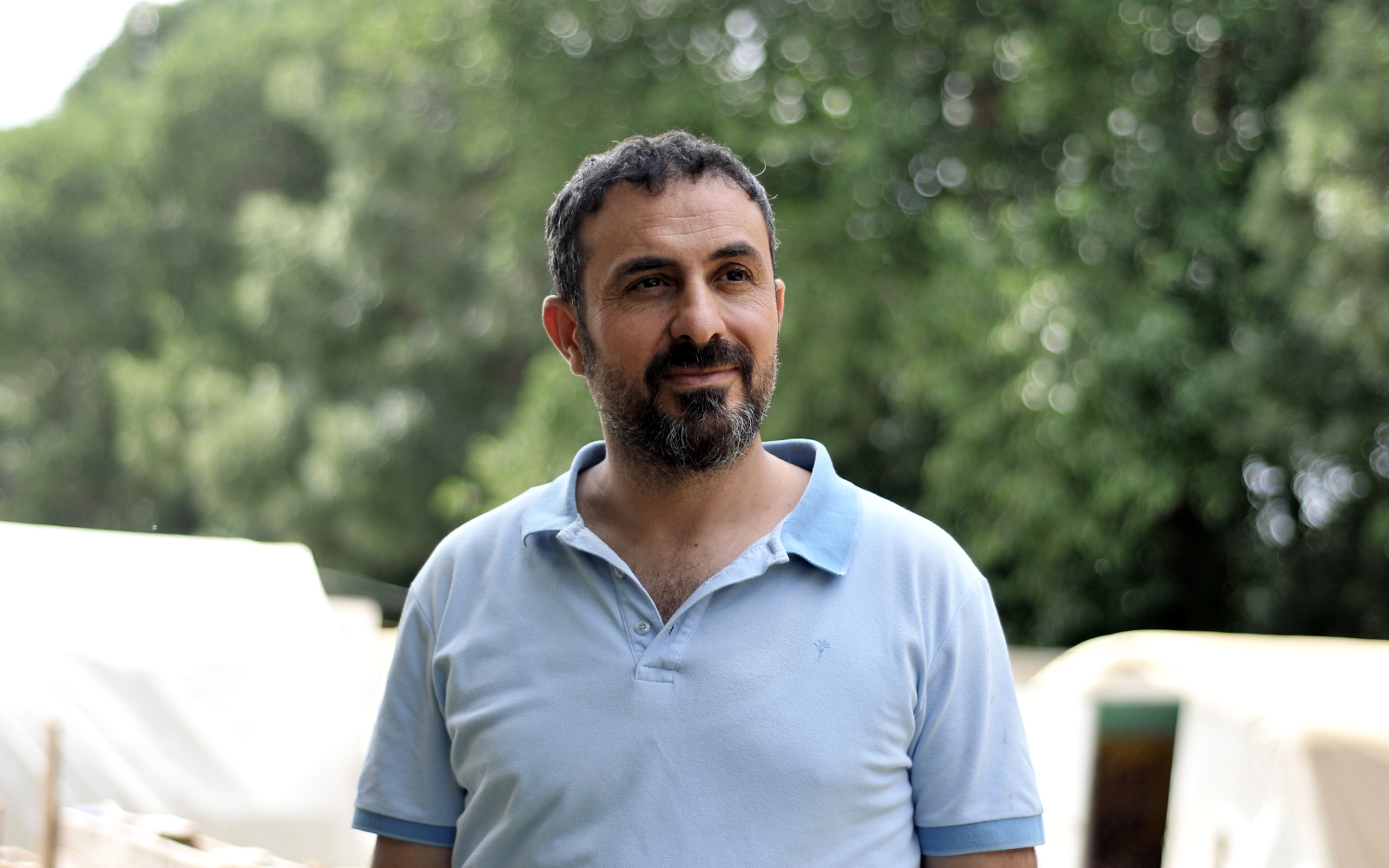- Event
- Film Screening
Wonderland / The Memory of Time / Purple Muslin / Aesthetics of weapons
Filmscreening and Talk
Thu, May 09, 2019 7:00 pm CEST
- Location
- Lecture Hall
Erkan Ozgen's video works deal with war, violence and trauma – beyond the boundaries of the political, in the dimensions of the private and the human.
Ozgen's decision not to show images of violence and war gives individuals and objects a voice. This kind of observation creates the possibility to understand our memory – how it processes what we have experienced and attempts to dissolve traumatic memories. Where do you get to feel the reality of war, conflict and violence? What cultural and social effects do war and violence have, and how does society react to them? This is followed by a conversation with director Erkan Ozgen.
The conversation is translated from Turkish into German.
»Wonderland« (no spoken language)
13-year-old Muhammad is deaf and mute. Without words the film shows the story of his escape from Syria. His powerful body language makes any other language possible. »I thought that those who had a tongue and ears – but had made no attempt to use them – should be confronted by Muhammed's body language«, Ozgen says.
»The Memory of Time« (no sound)
The Finnish island of Suomenlinna is surrounded by cannons that were used in wars over a century ago. These are protected by UNESCO as »cultural heritage«. Visitors of the island take photos with the cannons. In interviews, the artist poses provocative questions and paves the way for people to face the true purpose of the cannons and their relationship to the weapons.
»Purple Muslin« (Kurdish with English subtitles)
The video shows a series of interviews in which the women talk about their personal experiences with war, suffering and migration. These touching fragments are lined up in a joint action in which various women kneel down to carefully place a symbolic personal object on silk material in honor of their deceased relatives.
»Aesthetics of Weapons« (Turkish with English subtitles)
The video begins with a narrative personification of the weapon that attracts the viewer's attention. The work then revolves around the intimacy of the protagonist with his weapon. This provides an insight into the destructive relationship and projects a scenario of legitimation.
